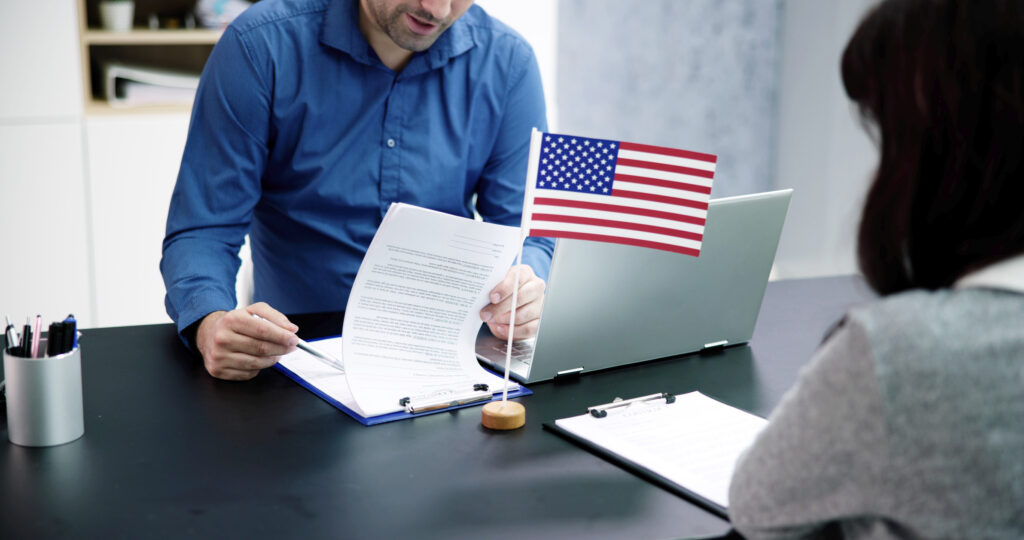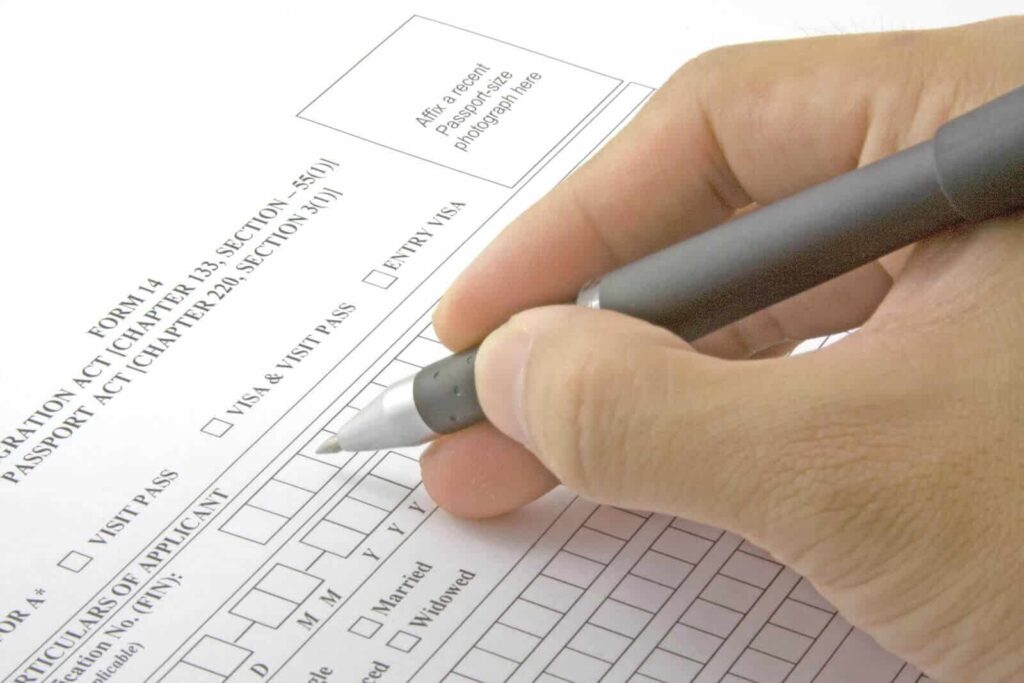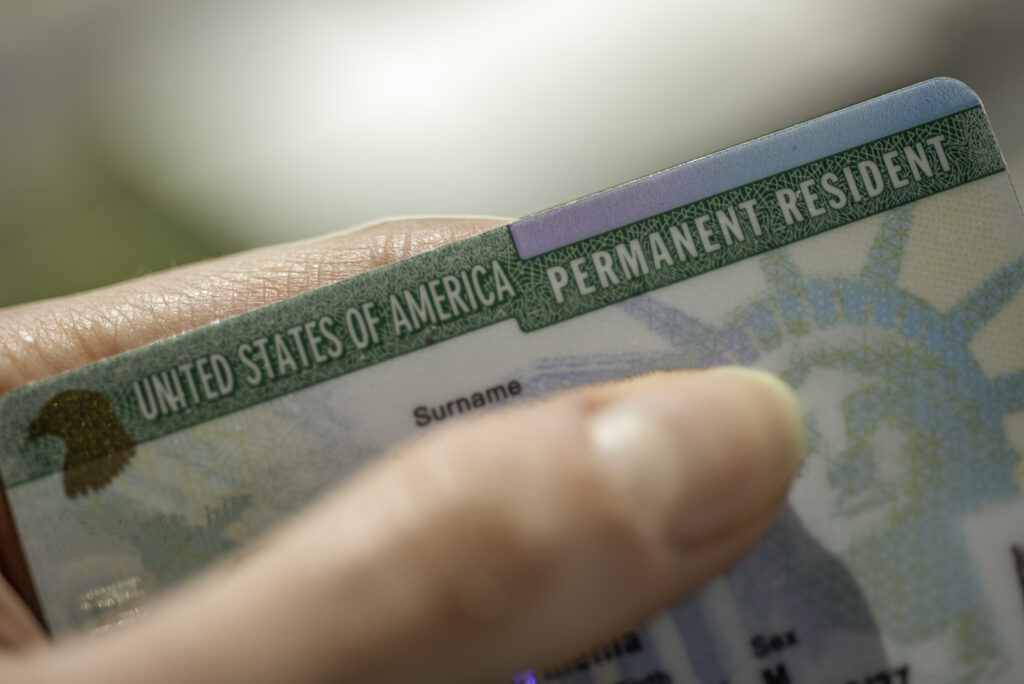The penalties for possession of a controlled substance in Boston are as follows:
- Possession of a class A substance: 2 years in jail and $2,000 fine
- Possession of a class B substance: 1 year in jail and $1,000 fine
- Possession of a class C substance: 1 year in jail $1,000 fine
If you have been charged with possession of any kind of controlled substance in Massachusetts, you need to turn to a criminal defense lawyer to help minimize your penalties as best as possible
What Is Considered A Controlled Substance Under Massachusetts Law?
According to Massachusetts General Laws Chapter 94C, any drug that requires a prescription or is illegal is considered a “controlled substance” and will be classified into five different categories.
These categories are based on the chemical composition of the drugs and are categorized as follows:
- Class A: Heroin, Morphine, Ketamine, GHB and other designer drugs.
- Class B: Ecstasy, Cocaine, Amphetamines, PCP, LSD, Methamphetamines, Oxycodone, Percocet and Percodan.
- Class C: Mescaline, Mushrooms and prescription tranquilizers such as Valium, Vicodin, and Clonazepam.
- Class D: Phenobarbital and Marijuana (over an ounce).
- Class E: Prescription drugs that contain smaller amounts of Codeine, Morphine, or other Opiates.
How Do Law Enforcement Officers Prove Possession Of A Controlled Substance In Boston?
The prosecution has the burden of proof in the situation. The prosecution must prove under reasonable doubt that the substance they claim you possess falls within one of the classes of controlled substances that we previously mentioned. In some cases, however, the only evidence in the criminal case is the drugs classification. If this happens in your situation, your criminal defense lawyer will conduct a thorough cross examination of the officers police report information, eyewitness testimonies, the officers testimony, and any other pertinent evidence relating to arrest. If the prosecution decides to test the drug, but does not obtain results within a reasonable amount of time, the courts actually may not permit the drug classification to be used as evidence.
In order to prove possession, the state will have to prove that you either actually possessed the drug, meaning it was in your hand, your purse, or hidden in your sock, or something that’s called constructive possession. Constructive possession is defined as if the drug is under a couch cushion, in your bedroom drawer, or in your car. Constructive possession means that you had the intent to use the substance, even if you weren’t actively using it we’re holding it in your hand at the time of the arrest.
What Are The Different Types of Drug Crimes You Can Be Charged With In Boston?
Under Massachusetts law, there are a handful of different types of drug crimes one can be charged with. These drug crimes include:
- Drug possession: This crime occurs when someone has one or more illegal narcotics in their possession.
- Drug possession with intent to distribute: This crime occurs when someone has one or more illegal narcotics in their possession with the intent of selling those narcotics. If you are found guilty of this crime and intended to sell those drugs to a minor, you will face enhanced charges and sentencing.
- Drug manufacturing: This crime occurs when someone is producing an illegal narcotic.
- Drug distribution: This crime occurs when someone is delivering, smuggling, or transporting illegal narcotics.
Additional drug crimes include:
- Drug trafficking
- Counterfeit substances
- Federal drug crimes
- And more
How Can Toland Law Help Me Fight Back Against A Controlled Substance Possession Charge?
When it comes to drug crimes, you need a hardworking criminal defense attorney on your side who knows exactly what it takes to get the best outcome for your controlled substance possession case. The level of experience and the skill set of the lawyer you team up with can directly affect every aspect of your case including how much your bail is, if you will have to go to jail or not, and if your rights will be adhered to and protected throughout the court process. This is why it is vital to have a criminal attorney who practices drug crimes and has a positive reputation in the legal community.
When you work with the top controlled substance possession lawyers of Toland Law, you need to know that we will do all we can to protect your constitutional rights. This involves finding weaknesses and legal flaws in your arrest or detention. We explore the legality of the drug’s search and seizure, and if It was legally conducted, as well as if there was probable cause to conduct the search at all.








